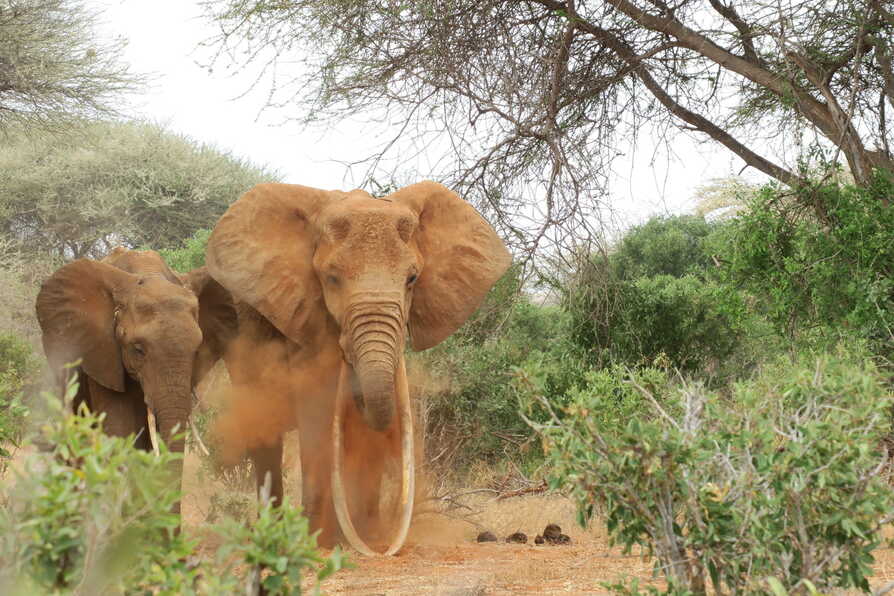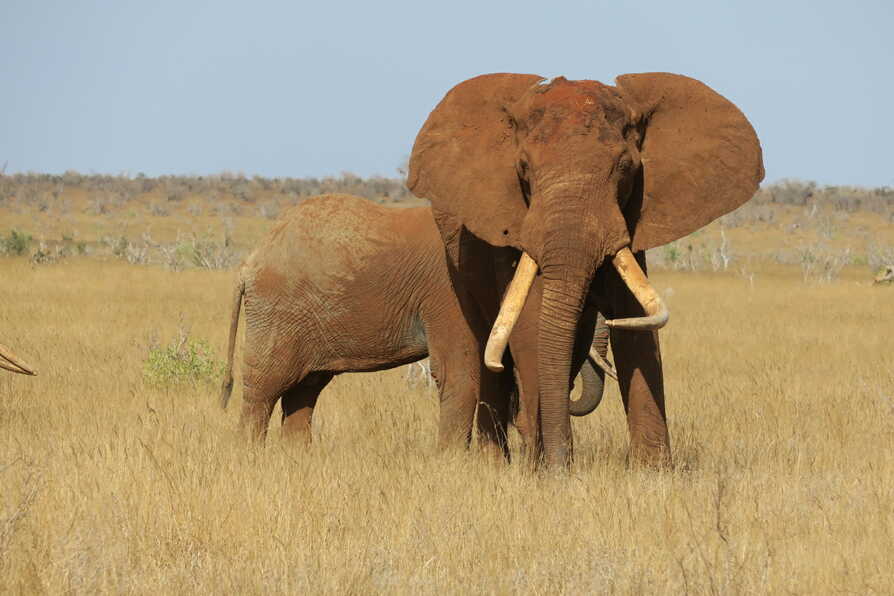We use cookies and other technologies that are necessary for services and functions on our website.
In addition, and provided you consent and select "Agree", we and our up to five third-party partners may place cookies on your device, use other technologies and collect and process personal data [e.g. IP address] from you in order to suggest personalized content to you on our website and to carry out measurements and analyses. Data transfer to third countries [e.g. USA] may also be possible, where the EU data protection level may deviate and access by authorities there cannot be ruled out.
You can find more information under "Settings" and decide which cookies and which cookie-based processing of your data you wish to reject or accept. Further information about cookies can be found in the Cookie Notice.





